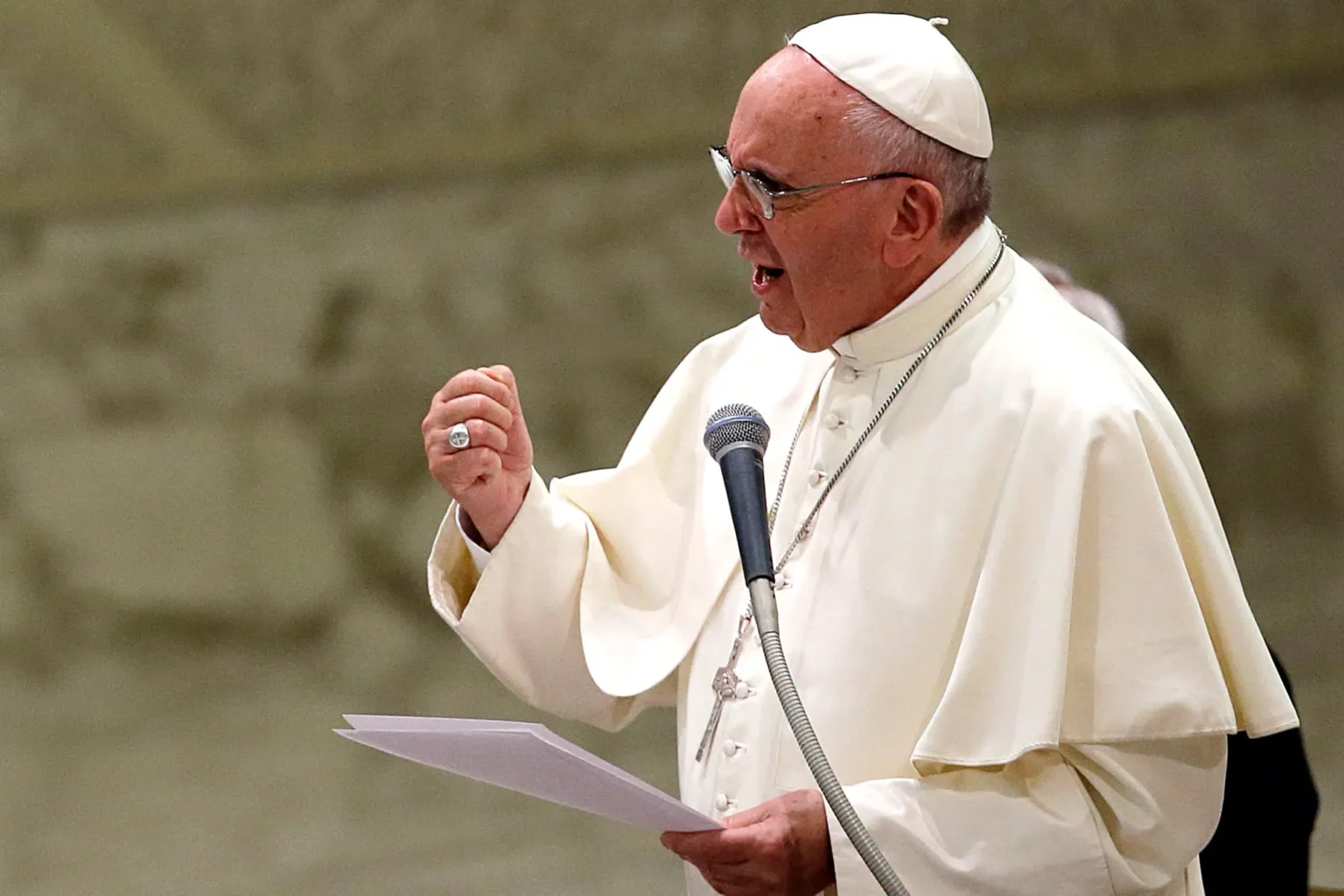VATICAN CITY – Pope Francis, the first Latin American leader of the Roman Catholic Church, has died at the age of 88. The Vatican confirmed his passing on Monday, just weeks after he recovered from a serious bout of double pneumonia and following his first extended public appearance since his hospital discharge on March 23.
Elected in March 2013, Pope Francis, born Jorge Mario Bergoglio, leaves behind a transformative and at times turbulent legacy that redefined the Church’s direction on many global and moral issues.
A Humble Beginning in Argentina
Pope Francis was born on December 17, 1936, in Buenos Aires, Argentina, to Italian immigrant parents. He was ordained a priest in the Jesuit order in 1969 and rose through the ranks quickly, becoming the Jesuit provincial leader in Argentina from 1973 to 1979. Later, he was appointed auxiliary bishop of Buenos Aires in 1992 and became archbishop in 1998. In 2001, Pope John Paul II elevated him to cardinal.
A Historic and Unprecedented Papacy
Following the historic resignation of Pope Benedict XVI, Bergoglio was elected pope on March 13, 2013, becoming the first pope from Latin America, the first Jesuit pope, and the first non-European pope in over 1,300 years. He chose the name Francis, inspired by Saint Francis of Assisi, reflecting his mission to emphasize humility, peace, care for the environment, and support for the poor.
Simplicity, Controversy, and Reform
Pope Francis rejected many of the luxurious traditions associated with the papacy. He chose to live in a modest guest house rather than the opulent papal apartments and often traveled in a basic car. His down-to-earth image resonated with many, but also stirred criticism from conservative factions within the Church.
He pushed for a more inclusive Church, calling for acceptance of LGBTQ+ individuals, greater support for divorced Catholics, and restrictions on the Latin Mass—moves that alienated many traditionalists.
Global Travels and Outreach
Over the course of his papacy, Pope Francis traveled to more than 65 countries, making 47 trips outside of Italy and covering over 465,000 kilometers (289,000 miles). Surprisingly, he never returned to Argentina during his tenure.
Leadership and Church Challenges
Francis spearheaded financial and structural reforms in the Vatican, aiming for transparency and inclusiveness. He notably appointed more women to senior Vatican roles, but also faced internal criticism for what many described as erratic leadership and lack of progress in fully addressing the clergy sexual abuse crisis.
A Legacy That Will Shape the Church’s Future
Despite internal opposition, Pope Francis made a lasting mark on the Catholic Church. His progressive tone, commitment to reform, and global popularity earned him admiration and scrutiny alike.
Notably, Francis appointed nearly 80% of the cardinals who will vote to elect his successor—setting the stage for a continuation of his reformist vision, even as the Church remains divided between tradition and progress.
Pope Francis Quick Facts
- Full Name: Jorge Mario Bergoglio
- Born: December 17, 1936, Buenos Aires, Argentina
- Papacy Began: March 13, 2013
- Died: April 2025, Vatican City
- Firsts: First Latin American, Jesuit, and non-European pope in over 1,300 years




